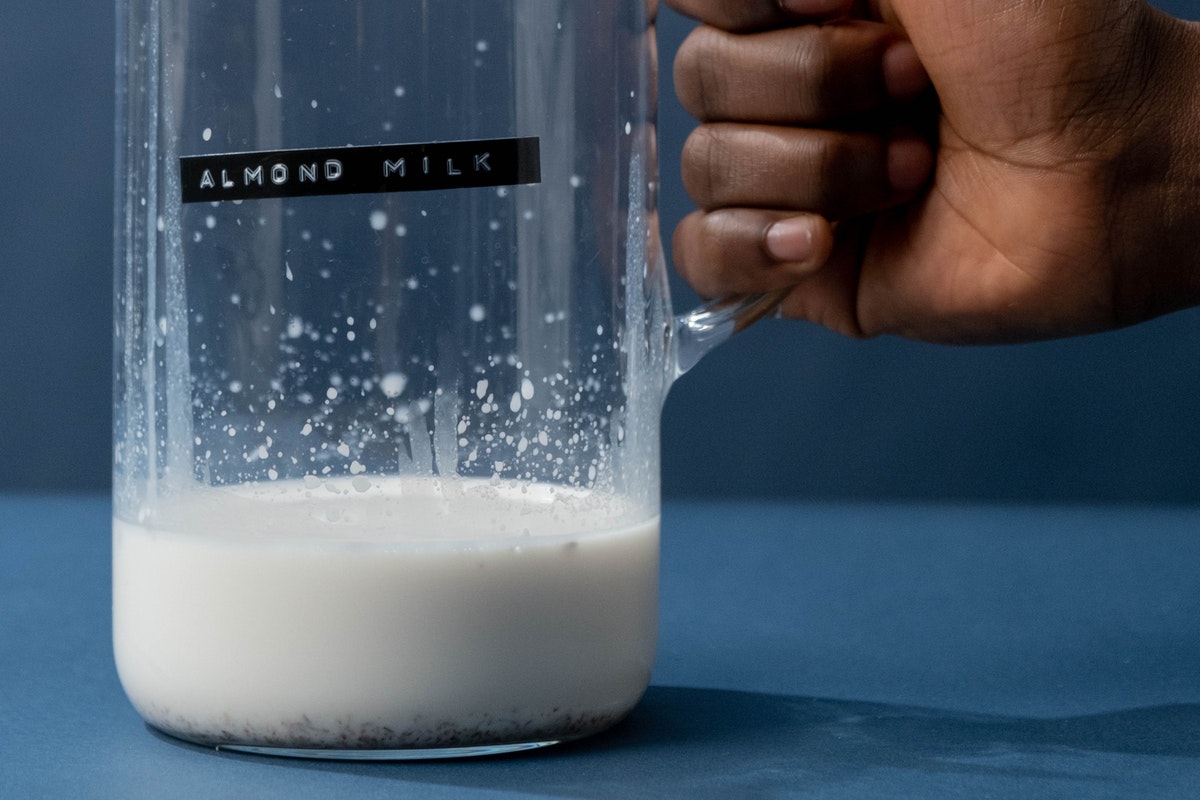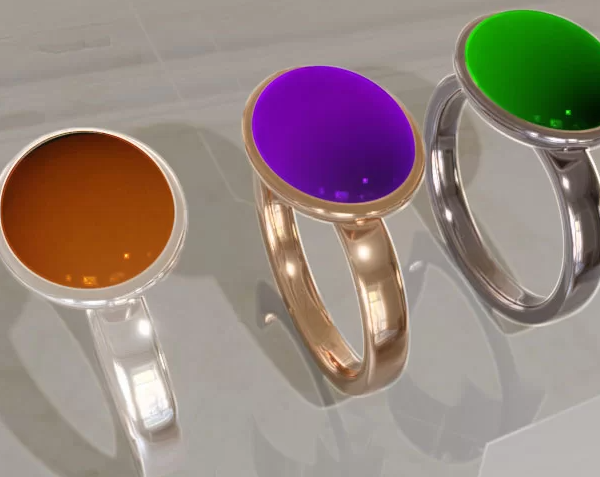Just two decades ago, you’d never hear of any baby girl baptized “Khaleesi.” But in 2018, the name ranked among the top 1,000 names for girls. That year, 560 baby girls were named “Khaleesi,” thanks to the popular HBO series Game of Thrones.
This sudden surge in popularity proves that a lot of factors influence the decision of parents in different generations. Changes in politics, religious beliefs, and popular culture define baby name trends. And while some names are only popular for a decade, some names stand the test of time.
So before you have your newborn baby gifts embroidered with the name of your youngest member, take a look at how their name came about.
From the Anglo-Saxons to the Norman Lords
About a thousand years ago, boys and girls were baptized with Old English names. Upon birth, Anglo-Saxons would bestow the names Ælfræd (which has morphed into today’s Alfred), Alwin, Edmund, Edgar, Godwin, Wilfred, Harold, and Cuthbert on boys. There’s a strong chance that a baby girl would be Hilda, Mildred, Ethel, Audrey, or Edith.
When the Norman Conquest began in 1066, Norman names also conquered the baptismal fonts. Parents named their babies after the Norman lords, causing the rise of Leonards, Richards, Raymonds, Rogers, Roberts, and Geralds. If they were given a girl, they were named Gertrude, Adelaide, Rosamund, and Rosalind.
The Power of Religion
As the power of the Roman Catholic Church grew, so did their influence on baby names. Many parents still named their children according to the Norman style, but the popularity of saintly and biblical names surged.
Girls were likely to be named after biblical heroines in the New Testament, like Mary and Elizabeth. Else, they will be named after saints like Agnes and Margaret. Two of the world’s most enduringly popular boy names, John and James, also started in this era.
Things changed, however, when Henry VIII of England separated from the Roman Catholic Church after the pope did not agree to dissolve his marriage to Catherine of Aragon. He established the Church of England, which allowed him to divorce Catherine and marry Anne Boleyn.
Names that were mentioned in the Bible remained popular. However, those that belonged to saints canonized by the Roman Catholic Church fell out of favor. This included Barbara, Martin, Valentine, and Margaret.
Meanwhile, the Puritans who immigrated to America also picked biblical names like Ichabod and Samuel. A few generations later, parents leaned towards moral attributes like Mercy, Faith, Grace, and Hope.

Politics
When the American Revolution began, Americans used the baptismal font to show their allegiance to the American cause. This era saw the rise of the names of revolutionary heroes and leaders, such as George, Washington, Thomas, Jefferson, Irving, and more. The name Montgomery also enjoyed popularity as the tale of General Richard Montgomery spread across the country.
Not surprisingly, parents still named their children after royals and aristocrats, like William and Charlotte.
Another revolution changed the course of baby names — the Industrial Revolution. As people flocked to cities and became more literate, they were exposed to fresh baby ideas. By the time Queen Victoria ascended the throne, biblical names no longer have a monopoly. Parents turned to botanical names, such as Marigold, Lily, Rose, and Hazel.
Music and Pop Culture
In the tradition of Victorian parents, many parents in the 20th century veered away from traditionally biblical and royal names and turned to pop culture.
For instance, when Kool and the Gang’s song “Joanna” entered the Billboard Hot 100 List in 1984, the name Joanna became a baby girl name trend. The same went for the names Ariel, Windy, and Candida. Prior to the 60s, these monikers were not even in the top 1000 choices. But when they were lyrics to hits in the 60s and 70s, the names became hits in baptism, too.
Today, you may know young parents who have a baby named Daenerys, after the dragon queen, or Hermione, the brightest young witch in Harry Potter. There are young boys named Obi-Wan, after the legendary Jedi or Augustus, the teen heartthrob from The Fault in Our Stars.
Today, the most popular names for boys and girls are Noah and Olivia. Noah is a biblical name, which originated from the Babylonian word nukhu, meaning rest. Apart from its religious origins, Noah became more popular because of well-loved characters from The Notebook and Desperate Housewives. Meanwhile, Olivia means olive tree and started gaining fame because of William Shakespeare’s Twelfth Night.
It’s safe to say that Noah and Olivia will not stay on top, and parents of the next generation will find fresh name options for their little ones.




